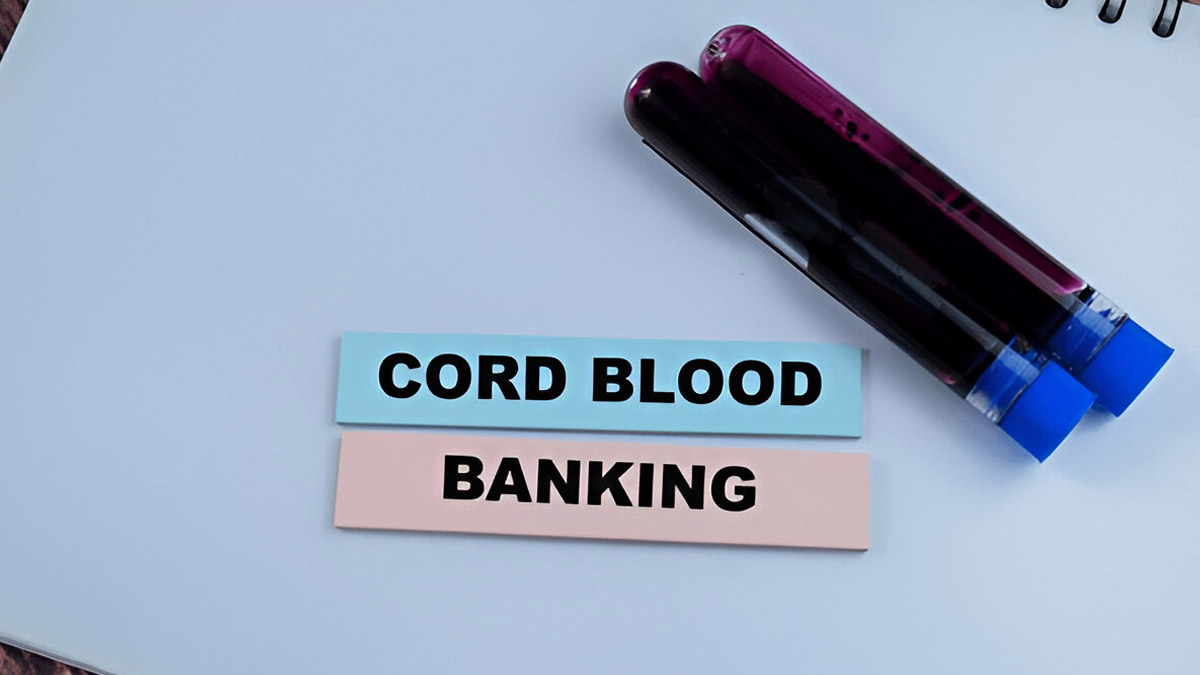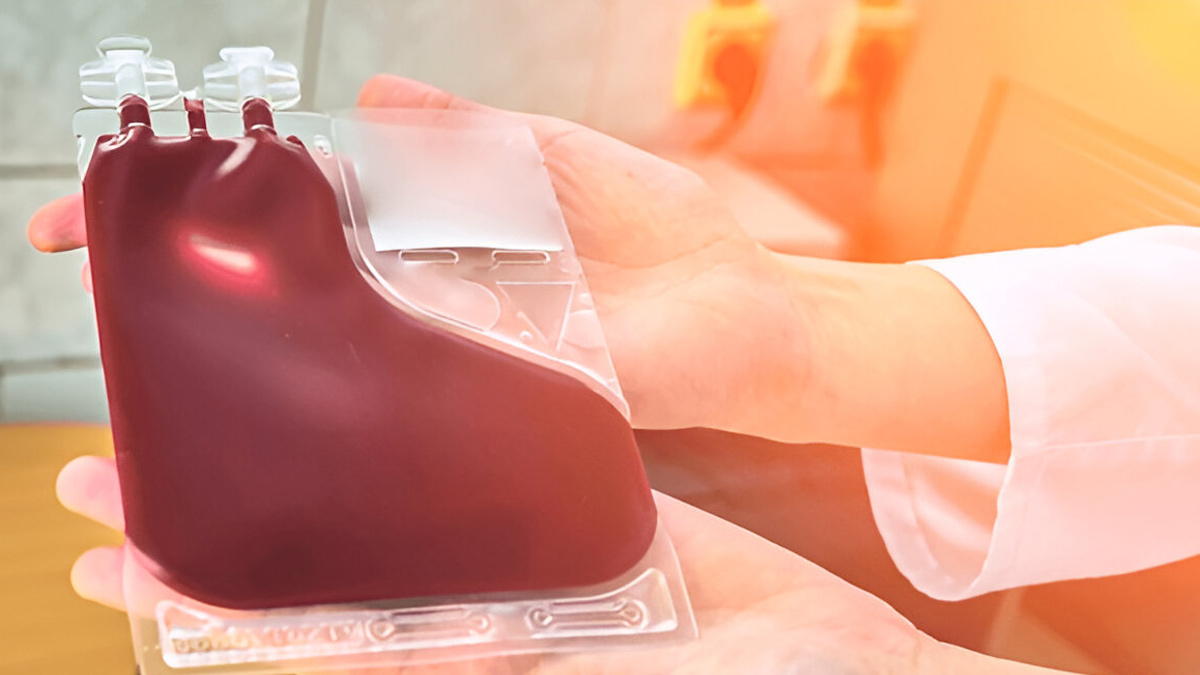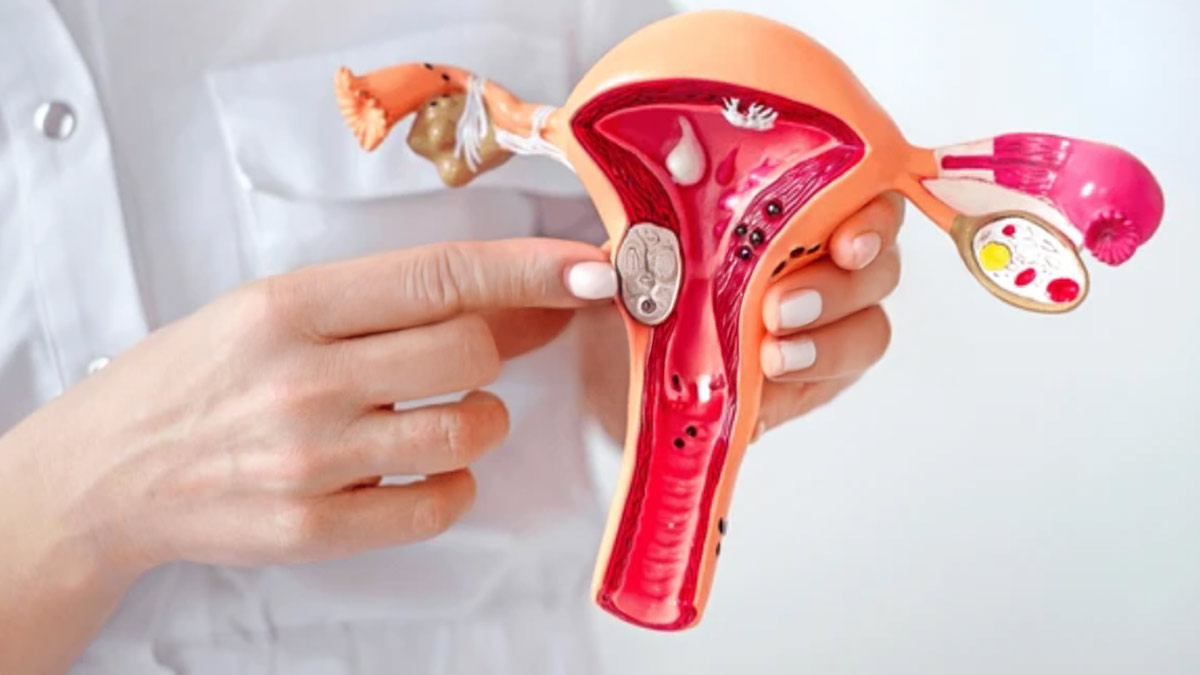
When you are preparing to welcome a baby, your to-do list is already packed; hospital bags, birth plans, baby names, etc. But one thing many parents don’t hear enough about is cord blood banking. After birth, the blood left in the umbilical cord is usually discarded, but it’s rich in stem cells that can treat severe health conditions like cancer, anaemia, and immune disorders.
We spoke to to understand what cord blood banking is and why it could be a valuable step for your baby’s future health.

Cord blood, collected from the umbilical cord after childbirth, is rich in hematopoietic stem cells, the building blocks of blood and immune systems. "The medical practice of cord blood banking involves collecting newborn umbilical cord blood after birth to create a valuable resource for treating different medical conditions. The Indian market provides both public and private cord blood banking services," explained Dr Acharya.
“The umbilical cord gets clamped and cut right after birth through vaginal delivery or caesarean section. A healthcare professional uses a sterile needle to extract the cord blood into a bag,” added Dr Acharya. The procedure brings no discomfort to mothers or their babies during the process. The collected blood undergoes testing and processing at a cord blood bank before it gets frozen through cryogenic methods for extended storage.
According to the American College of Obstetricians and Gynecologists (ACOG), at least 40 mL of cord blood should be collected for transplantation. This can be done before or after placenta removal, with the umbilical cord thoroughly cleansed beforehand. Prompt collection after birth is essential to reduce coagulation and maximise volume. If the specimen is not sterile or insufficient, the bank will discard it.
Top Stories

“Cord blood stem cells serve as a treatment for more than 80 medical conditions, including leukaemia, lymphoma, anaemia, immune system deficiencies, and specific genetic disorders. The use of cord blood stem cells for transplantation eliminates the need for a perfect Human Leukocyte Antigen (HLA) match between donor and recipient, thus minimising the chance of transplant rejection,” explained Dr Acharya.
The stored cord blood provides emergency medical treatment to both the donor child and their siblings, as well as other matched recipients. The field of regenerative medicine continues to study cord blood stem cells because they show promise for tissue regeneration.
Private banking services require parents to pay collection fees and annual storage costs to maintain access for their family members. Public donation services are free but do not provide any assurance that the donated cord blood will be available to the donor in the future. Parents need to enrol with a bank before delivery, while also signing consent documents and undergoing medical tests.
According to ACOG, in some cases, there may not be sufficient cord blood available for collection. This situation can arise if the baby is born prematurely or if the decision is made to postpone the clamping of the umbilical cord. There are also instances where the reason is unclear. Additionally, if an emergency arises during delivery, attending to the health and safety of you and your baby takes precedence over collecting cord blood.
“The stored cord blood maintains its viability throughout multiple decades after storage. The practice of cord blood banking presents an exclusive chance to secure your future medical needs,” concluded Dr Acharya.
[Disclaimer: This article contains information provided by an expert and is for informational purposes only. Hence, we advise you to consult your professional if you are dealing with any health issue to avoid complications.]













